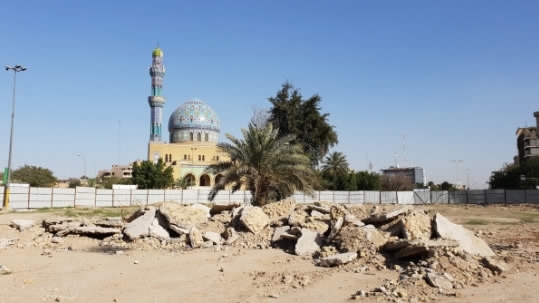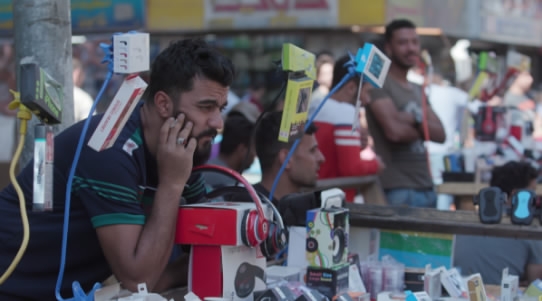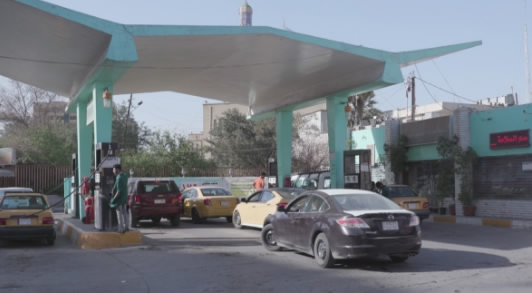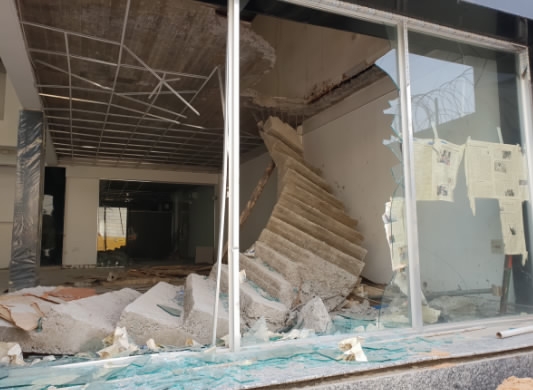
Politics
17:28, 23-Mar-2018
How can Iraq's economy recover from destruction?
By Jack Barton

A week ago, Iraq secured international funding pledges totaling 30 billion US dollars to help rebuild its battle-scarred towns and crumbling infrastructure in the wake of the fight against ISIL.
But the country’s prime minister Nuri al-Abadi estimates the total cost of rebuilding Iraq will cost 100 billion US dollars.
Iraq has the world’s fifth largest proven oil reserves and oil exports account for almost 100 per cent of the country's foreign exchange earnings.

CGTN Photo
CGTN Photo
But there’s a problem.
“It is a little bit strange. We have oil, we are exporting 3.5 billion barrels a day, but at the same time, because of lack of development in the refineries and the petrochemical industry in Iraq, we are also importing petroleum products,” says Ahmad Berwari, Iraq’s ambassador to China.
And the earnings from crude oil exports are generally not seeping down to the pockets of average Iraqis.

CGTN Photo
CGTN Photo
Iraqi parliamentarians this month passed draft laws that would see oil revenues more equally distributed among the regions.
But the process is expected to be slow.
“The political process in Iraq is confused, unorganized in its plans and unbalanced in its schedules, all that has led to confusion in the process of planning to raise income levels for the citizens,” says Iraqi economics analyst Jabar al-Zaidi.
Despite 15 years of conflict, Iraq’s economy is improving, with some estimates putting GDP growth in the double digits.

CGTN Photo
CGTN Photo
While shiny malls may be popping up in Baghdad and Erbil, there are still plenty of towns and cities across the country left in ruins by the fight against ISIL.
For business to keep booming, Iraq’s fragile peace in the wake of ISIL’s defeat will need to become something more permanent.

SITEMAP
Copyright © 2018 CGTN. Beijing ICP prepared NO.16065310-3
Copyright © 2018 CGTN. Beijing ICP prepared NO.16065310-3